T4K3.news
Ancient seal linked to Biblical warning discovered
Archaeologists found a 2,600-year-old seal in Jerusalem that may connect to a biblical doomsday story.
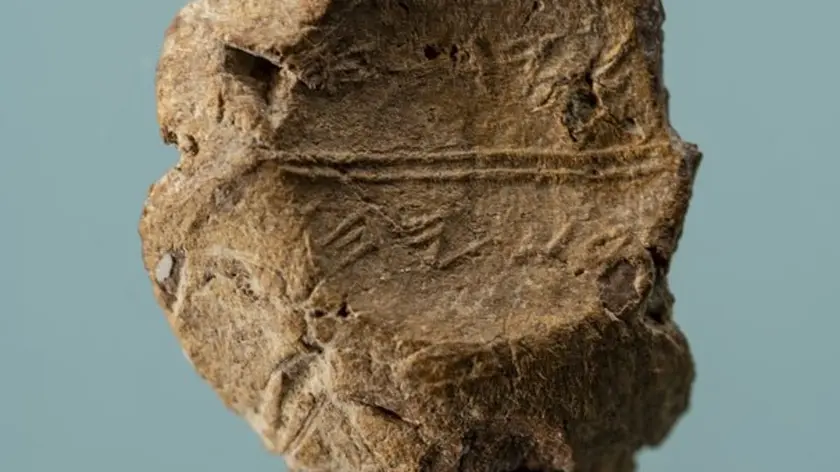
Archaeologists have unveiled a clay seal from Jerusalem that may tie to biblical warnings about doom.
Fingerprint discovered on ancient seal linked to Biblical doomsday warning
A 2,600-year-old clay seal discovered in Jerusalem might be related to a Biblical warning of impending disaster. This artifact, known as a bulla, dates back to the First Temple period. It features an ancient Hebrew inscription that reads 'Belonging to Yeda'yah (son of) Asayahu.' Notably, the seal has a visible fingerprint, believed to belong to the ancient official who owned it.
Archaeologists suggest that the name on the seal connects to a crucial moment in the biblical story of King Josiah of Judah. After a sacred scroll, possibly a version of Deuteronomy, was found, Josiah was alarmed by its warnings about divine punishment through famine, war, and exile. The rediscovery of the scroll marked a significant point in Judah's religious history. This seal supports the existence of individuals named in this biblical narrative, adding to its historical relevance. The excavation also revealed marks on the seal indicating it was once used to secure a storage container, affirming its ceremonial use during a perilous time in Jerusalem's history.
Key Takeaways
"We are not sure that the Asayahu mentioned on the sealing is the same that appears in the Bible."
Archaeologist Zachi Dvira discusses the uncertainty around the name inscribed on the seal.
"Several artifacts carry biblical names, and it makes sense, because these were not objects used by common people."
Zachi Dvira highlights the significance of names found in artifacts in relation to biblical history.
"The connection with Yeda'yah is highly credible and adds weight to our understanding of the First Temple period."
Experts from the Temple Mount Sifting Project emphasize the importance of the seal's discovery.
"This seal tells a story of oversight during a critical moment in Jerusalem's history."
The seal's implications for resource management during sieges are examined.
The discovery of this ancient seal does more than just illuminate a specific historical event; it highlights a profound link between archaeology and biblical narratives. The fact that the seal includes a fingerprint makes it a tangible connection to the past, allowing modern scholars to consider the personal lives of individuals mentioned in ancient texts. This artifact enhances our understanding of how royal officials may have managed resources during critical moments like the Babylonian siege. Such finds enable a deeper appreciation of the interplay between history, spirituality, and governance in ancient Judah, opening a window into a time of significant religious reform under King Josiah and bringing ancient warnings into contemporary reflection.
Highlights
- Ancient fingerprints tell stories of the past.
- This seal connects us to biblical figures of old.
- A tangible link to King Josiah's time is uncovered.
- The discovery deepens the relationship between faith and history.
Potential political and religious implications
The discovery touches on sensitive aspects of religious texts and historical claims, which could spark controversy among different groups.
This find may spark further interest in the connections between archaeology and biblical texts.
Enjoyed this? Let your friends know!
Related News
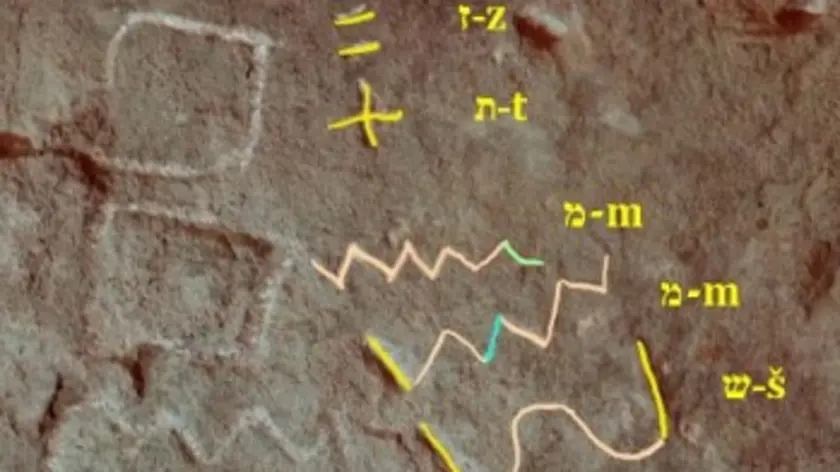
Ancient Egyptian mine inscriptions may reference Moses
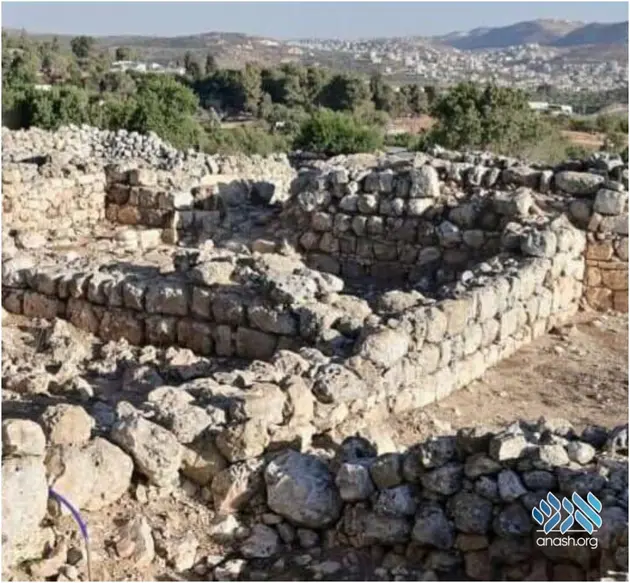
Ancient Mishkan structure potentially discovered at Tel Shiloh

US military strikes Iran linked to evangelical beliefs
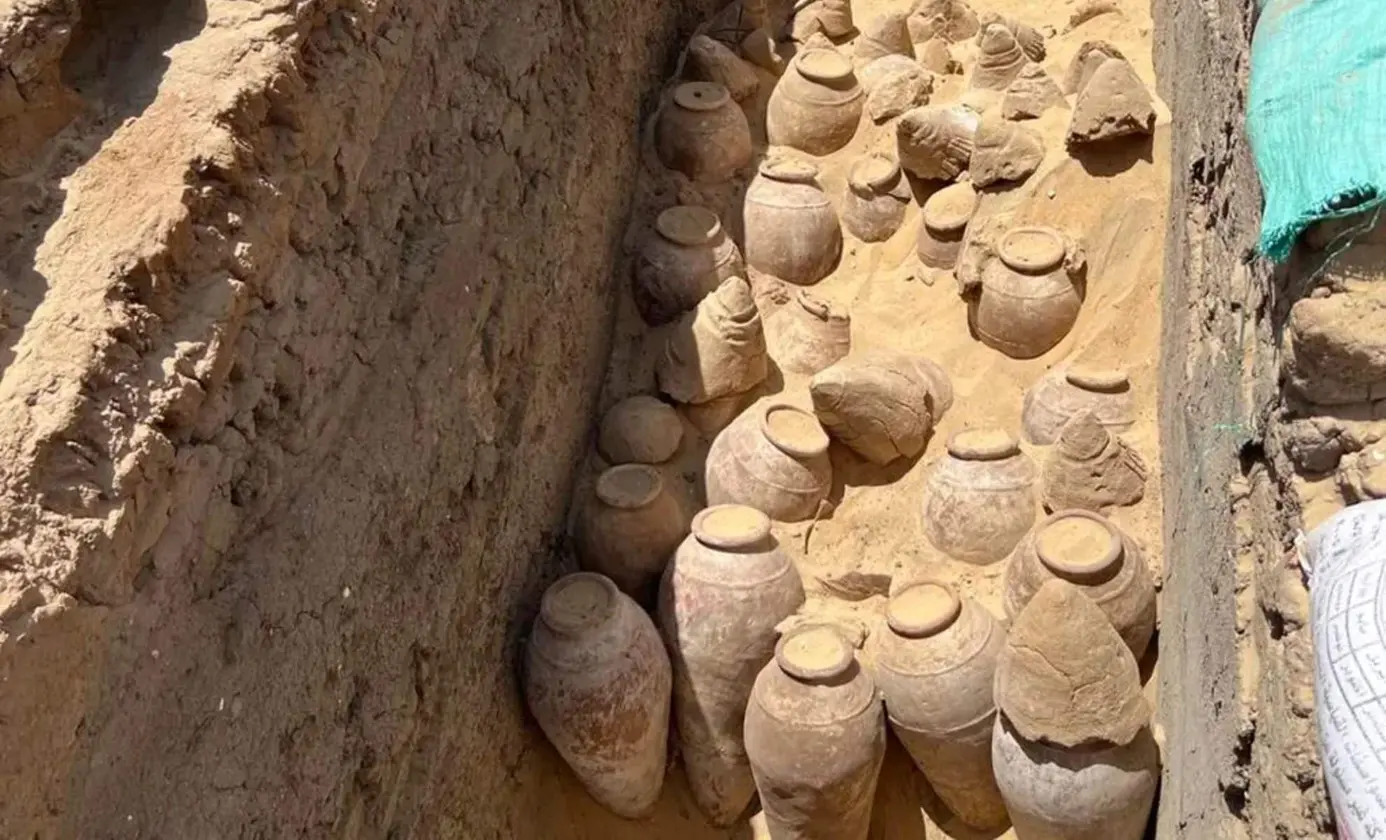
Ancient Wine Jars Found in Egyptian Tomb

Myths Turned Into Science

New studies reveal dangers in chatbot interactions
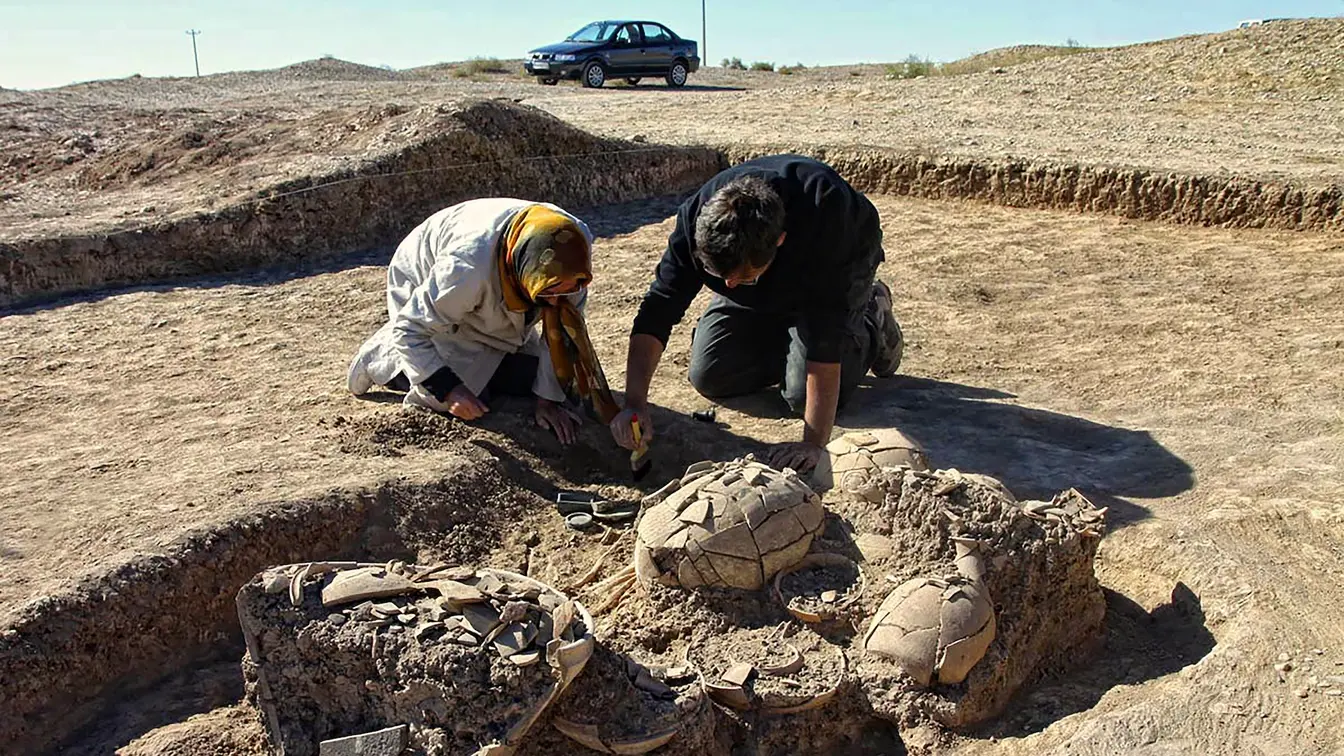
Ancient elite burial site uncovered in Iran

Study links Pfizer COVID vaccine to eye damage
